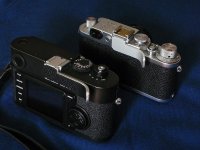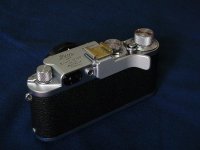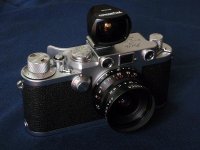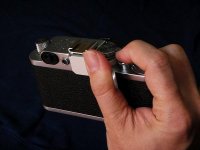I wonder if the patent was for the "Thumbs Up" name, or for the fact it was a device to improve grip on an M body using a piece of metal stuck onto a hotshoe.
A trademark is relatively quick to procure compared to a patent. But a quick search shows no trademark related to the TU.





